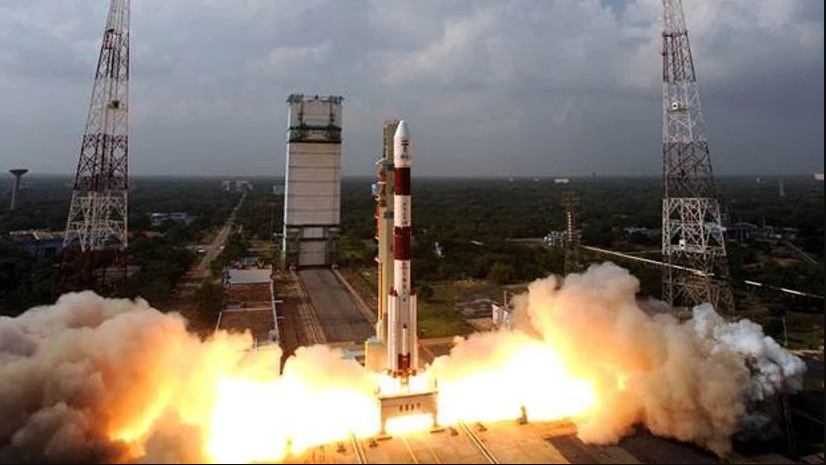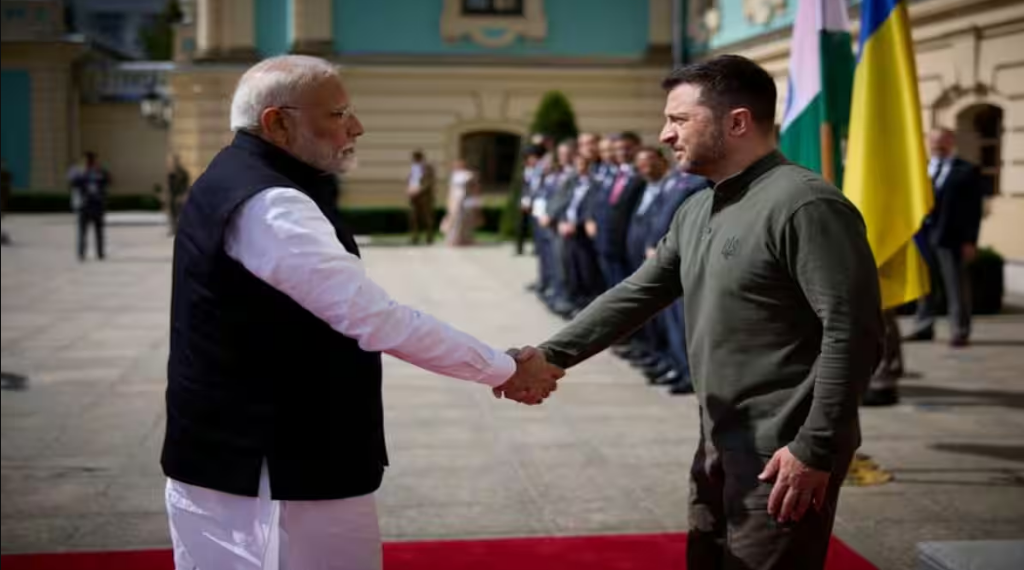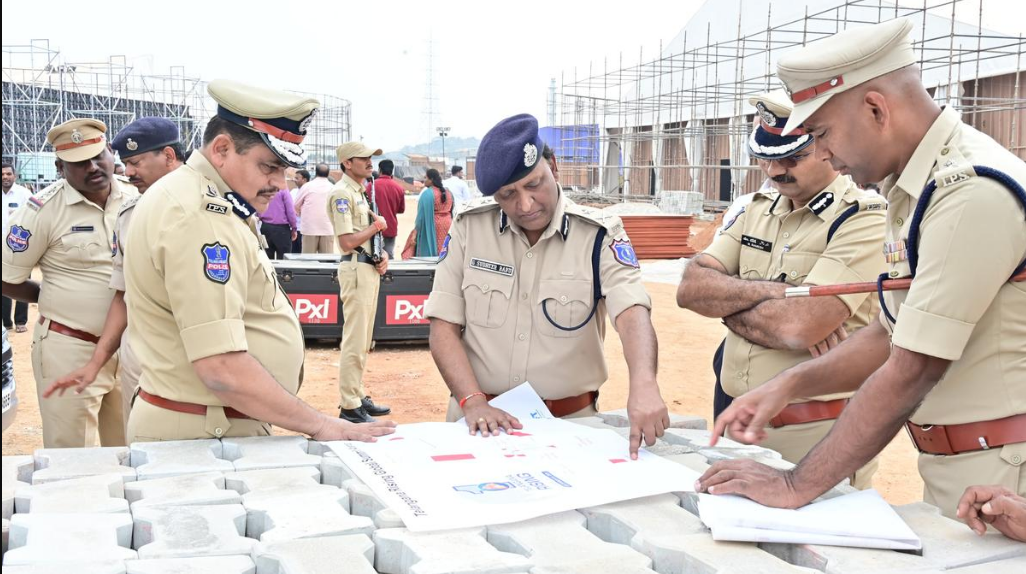
Right now there are more than 9,000 satellites circumnavigating overhead, keeping track of weather, facilitating communications, aiding navigation and monitoring the Earth. By 2040, there could be more than 60,000. A new study shows that the emissions from expired satellites, as they fall to Earth and burn up, will be significant in future years, with implications for ozone hole recovery and climate.
Satellites need to be replaced after about five years. Most old satellites are disposed of by reducing their altitude and letting them burn up as they fall, releasing pollution into Earth’s atmosphere such as aerosolised aluminium. To understand the impact of these growing emissions from expired satellites, researchers simulated the effects associated with an annual release of 10,000 tonnes of aluminium oxide by 2040 (the amount estimated to be released from disposal of 3,000 satellites a year, assuming a fleet of 60,000 satellites).
The results, which are published in Journal of Geophysical Research Atmospheres, show that the re-entry material will accumulate at high latitudes and could result in temperature anomalies of up to 1.5C in the middle to upper atmosphere, reduction of wind speeds and ozone depletion, which could jeopardise ozone hole recovery. Other metals including titanium, lithium, iron and copper will also be released and their impact is yet to be modelled.







